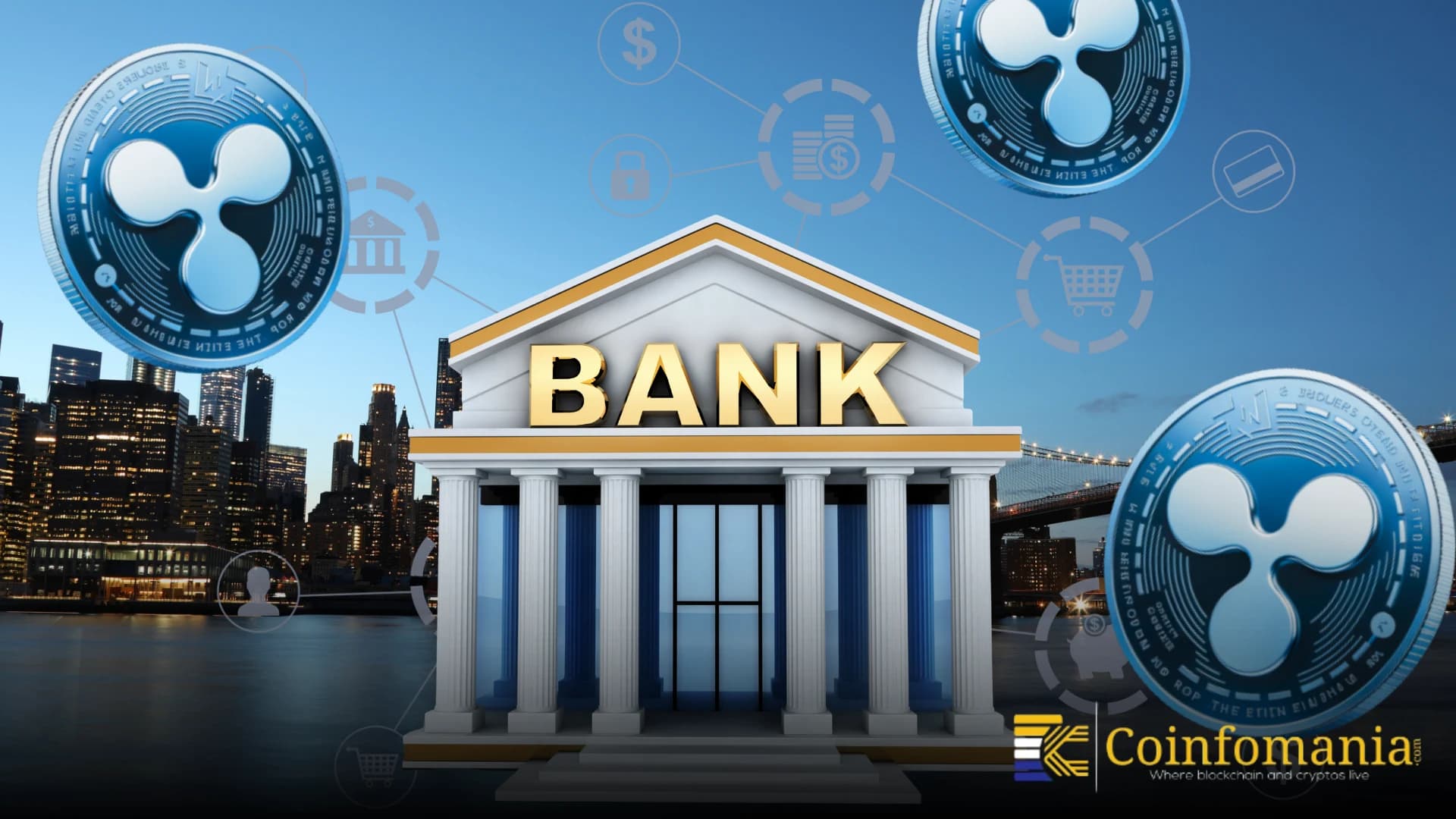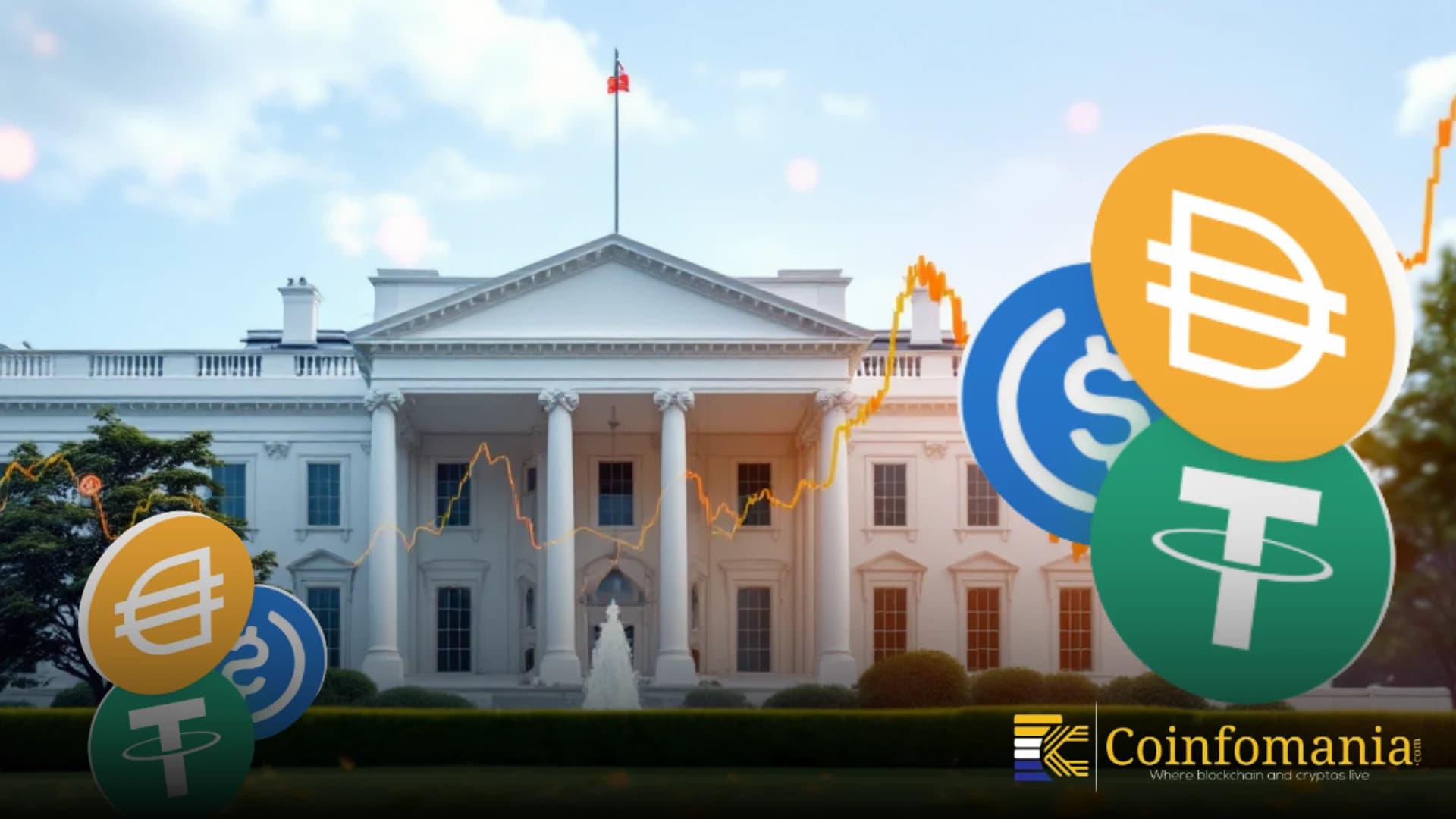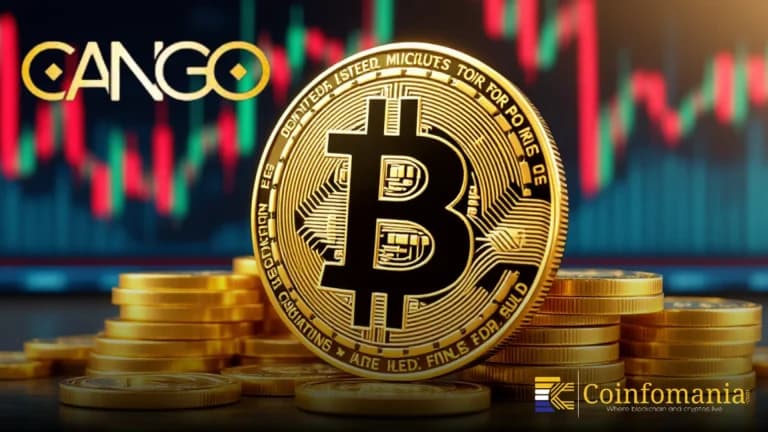JPMorgan’s New Bitcoin Offering Signals Traditional Banks’ Cautious Embrace of Digital Assets
JPMorgan enables clients to buy Bitcoin without custody services, marking a cautious shift in traditional banking’s digital asset strategy.

Quick Take
Summary is AI generated, newsroom reviewed.
JPMorgan allows clients to buy Bitcoin, marking a shift toward digital asset acceptance.
The bank’s decision not to offer custody reflects regulatory and security caution.
JPMorgan’s move pressures other banks to innovate while managing risks.
This initiative bridges traditional finance and cryptocurrency ecosystems.
JPMorgan Opens Door for Clients to Purchase Bitcoin, Reflecting Changing Financial Landscape
JPMorgan Chase, a titan of traditional banking, has announced that it will soon allow its clients to buy Bitcoin. This landmark move reflects a gradual but significant shift in how established financial institutions approach digital assets. Historically cautious, JPMorgan’s decision marks a turning point where Bitcoin transitions from fringe investment to mainstream financial product. While clients will have access to purchasing Bitcoin, the bank notably will not provide custody services. This limitation underscores JPMorgan’s cautious stance, balancing client demand with regulatory and security concerns.
The offering is expected to attract high-net-worth individuals and institutional clients seeking regulated Bitcoin exposure. By leveraging JPMorgan’s trusted platform, investors gain streamlined access to the cryptocurrency market. This move aligns with broader industry trends, where major banks progressively integrate crypto offerings to meet evolving client preferences. JPMorgan’s entry also signals to the wider market that digital assets are increasingly accepted within conventional finance frameworks.
Strategic Avoidance of Custody Highlights Risk Management and Regulatory Caution
JPMorgan’s choice to forgo custody services for Bitcoin highlights the bank’s prudent approach amid a complex regulatory environment. Custody involves holding digital assets directly, which raises concerns around security, compliance, and liability. By not offering custody, JPMorgan mitigates these risks while still providing client access to Bitcoin investment. This strategy reflects a wider industry pattern, where banks test digital asset waters cautiously without fully assuming operational risks.
This approach allows JPMorgan to comply with regulatory expectations and focus on providing secure transaction facilitation. The bank’s infrastructure will likely integrate with third-party custodians, allowing clients to manage asset storage independently. This separation of services provides flexibility and may pave the way for future custody offerings as regulatory clarity improves. It also reassures regulators and investors wary of banks engaging too directly with digital asset management.
Implications for Traditional Banks and the Broader Crypto Ecosystem
JPMorgan’s Bitcoin initiative signals an evolving relationship between traditional finance and cryptocurrencies. Banks have historically been skeptical, citing volatility and regulatory uncertainty. Now, with JPMorgan’s move, there is growing acknowledgment of Bitcoin’s role as an investment asset class. This step may pressure other banks to offer similar services to remain competitive and relevant.
Moreover, JPMorgan’s selective adoption model illustrates a hybrid approach: embracing innovation while managing exposure and compliance risks. It bridges the gap between digital asset enthusiasm and institutional conservatism. As banks cautiously enter the crypto space, the ecosystem benefits from increased legitimacy and infrastructure development. JPMorgan’s involvement could accelerate broader adoption, attracting institutional capital and improving market stability.
This development also highlights challenges traditional banks face when integrating crypto. Balancing client demand, regulatory scrutiny, and operational security remains critical. JPMorgan’s move is a template for others navigating these complexities, signaling a new era where digital assets coexist with conventional finance, albeit with measured steps.
References
Follow us on Google News
Get the latest crypto insights and updates.
Related Posts

Ripple Strengthens Institutional Crypto Custody Platform
Vandit Grover
Author

White House Hosts Second Stablecoin Summit With Banks and Crypto Giants
Triparna Baishnab
Author

Bitcoin Miner Cango Sells 4451 BTC To Cut Debt And Move Into AI Computing Infrastructure
Vandit Grover
Author